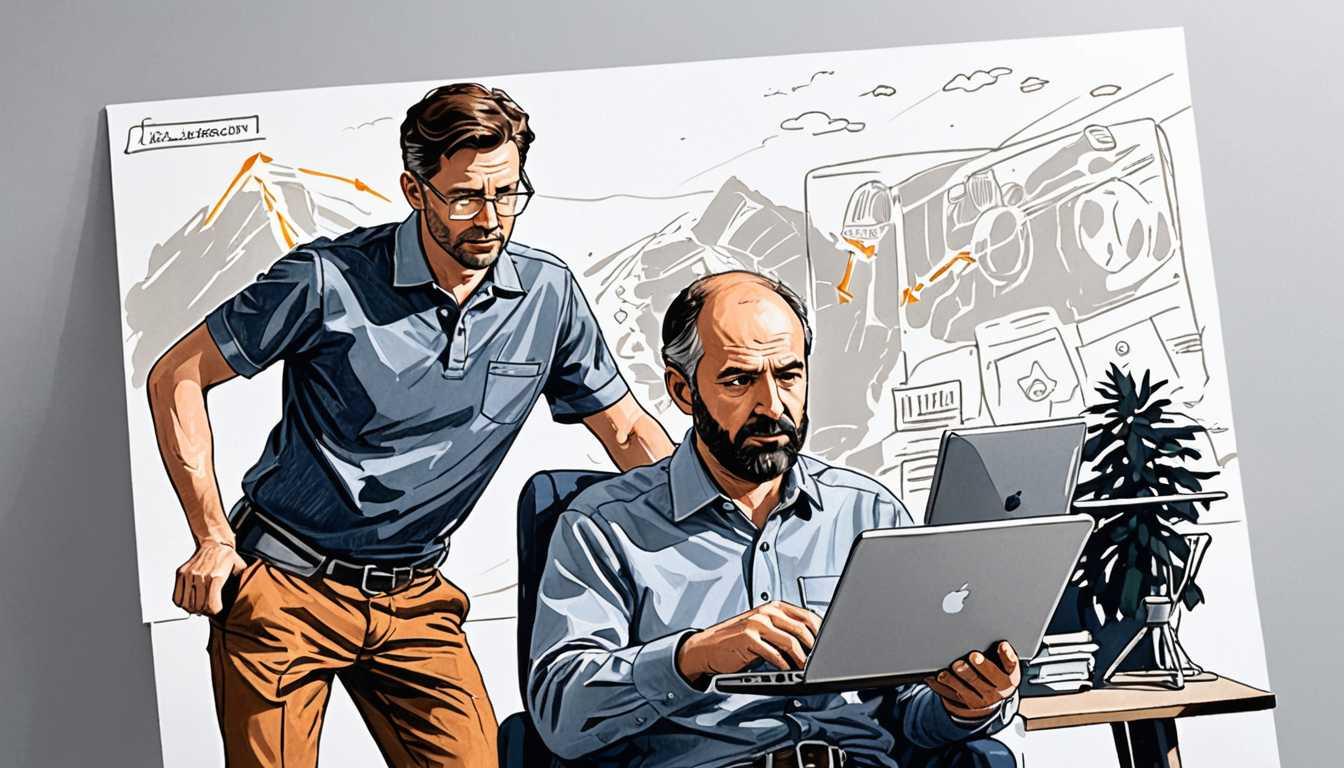Debit Cards: Indonesia's Hunger Gamechanger
March 2023
Massachusetts Institute of Technology (MIT)
Introduction
Ever wondered how a simple change can make a big difference? In Indonesia, swapping rice bags for debit cards transformed the way food aid reached the poor - and it's all thanks to some clever economists from MIT. Their study revealed a staggering jump in households receiving their full food entitlement, from a measly 24% to a whopping 81%! Dive into this fascinating read from MIT and discover how a bit of tech and smart thinking significantly reduced poverty and made sure eggs and rice didn't just become a richer person's extra.
READ FULL ARTICLEWhy It Matters
Discover how this topic shapes your world and future
Digital Dollars to Defeat Hunger
Imagine living in a village where your monthly food supply depends on a bag of rice, but you only receive it fully a quarter of the time. Now picture the game changing overnight: the same aid comes through a debit card, ensuring you get 100% of what you're entitled to. This leap from physical bags of rice to digital transactions in Indonesia isn't just a tech upgrade; it's a revolutionary approach to fighting poverty and hunger. This story matters because it shows how innovative solutions can tackle age-old problems like poverty and food distribution inefficiencies. It's a testament to the power of thinking outside the box, leveraging technology for social good, and the impact of well-designed public policy. For you, it's a glimpse into how the world is interconnected and how a simple policy change can dramatically improve lives thousands of miles away. It's about seeing possibilities where others see dead ends.
Speak like a Scholar
Randomized controlled trial (RCT)
A study where people are randomly assigned to a group that either receives the intervention being tested or doesn't, to compare outcomes and determine the intervention's effect.
Development economics
A branch of economics that focuses on improving fiscal, economic, and social conditions in developing countries.
Digital inclusion
Efforts to ensure individuals and disadvantaged groups have access to and skills to use information and communication technologies.
Poverty line
The minimum level of income deemed adequate in a particular country to live.
Allocation
The process of distributing resources among various projects, programs, or people.
Compliance
In policy terms, it refers to the extent to which beneficiaries of a program follow the rules and guidelines set by the program administrators.
Independent Research Ideas
The role of technology in enhancing food security
Investigate how different technologies, from mobile banking to blockchain, are being used worldwide to improve food distribution and security.
Comparative study of poverty reduction strategies
Explore and compare various global strategies for poverty reduction, focusing on their effectiveness, scalability, and sustainability.
Impact of digital inclusion on rural economies
Delve into how increasing digital access and literacy in rural areas can transform economies, focusing on case studies from different continents.
Behavioral economics in public policy design
Examine how principles of behavioral economics are applied in designing public policies for social welfare programs, and their outcomes.
The ethics of aid distribution
A philosophical inquiry into the ethical considerations and dilemmas faced in determining the recipients of aid and the mode of distribution, including digital methods.
Related Articles

AI: Asia's Productivity Powerhouse
July 2023
MIT Technology Review

Mapping the Future of Global Supply Chains
October 2023
University of Cambridge

Wage Hike: NY's Big Boost?
March 2024
Cornell University

Universities: The Economic Avengers
February 2024
University of Bristol

Audits: Taxpayer's Goldmine Unveiled
July 2023
Harvard University